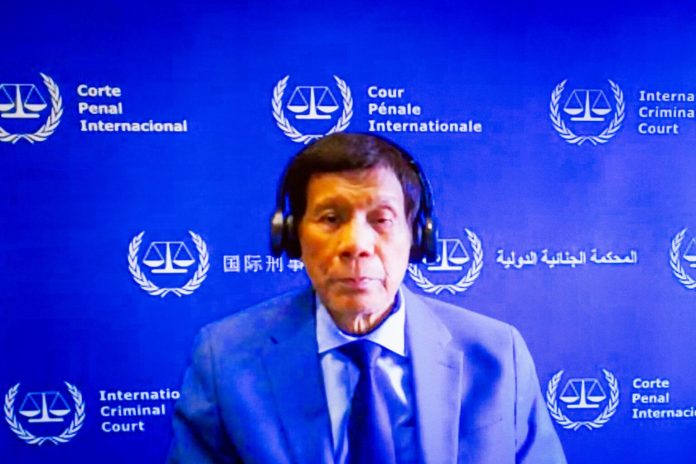The International Criminal Court is gearing up for a pivotal ruling as it announces a November 28 judgment on former president Rodrigo Duterte’s appeal for interim release. The decision will be delivered in open court at The Hague, where Duterte has been detained since March after his arrest and surrender over alleged crimes against humanity tied to the bloody Oplan Tokhang drug war.
Duterte’s lawyers are challenging a previous ICC ruling that kept him behind bars, but the Appeals Chamber has outlined three hard-hitting reasons his detention remains necessary: ensuring his appearance at trial, preventing interference with proceedings, and stopping the possibility of further crimes. Facing three counts of murder linked to 49 killings, and under investigation for thousands more drug war deaths, Duterte remains held at Scheveningen Prison as the ICC weighs whether he should remain detained while proceedings move forward.
Image from ICC-CPI

